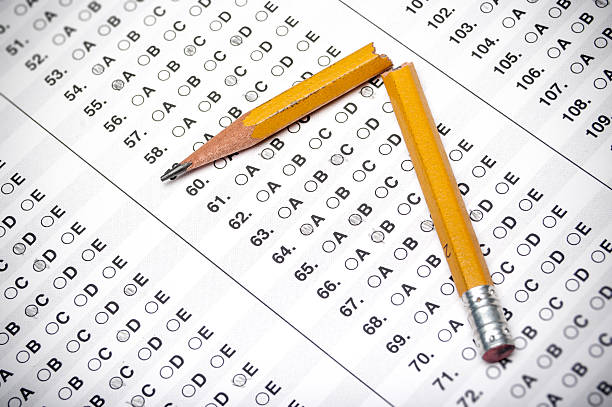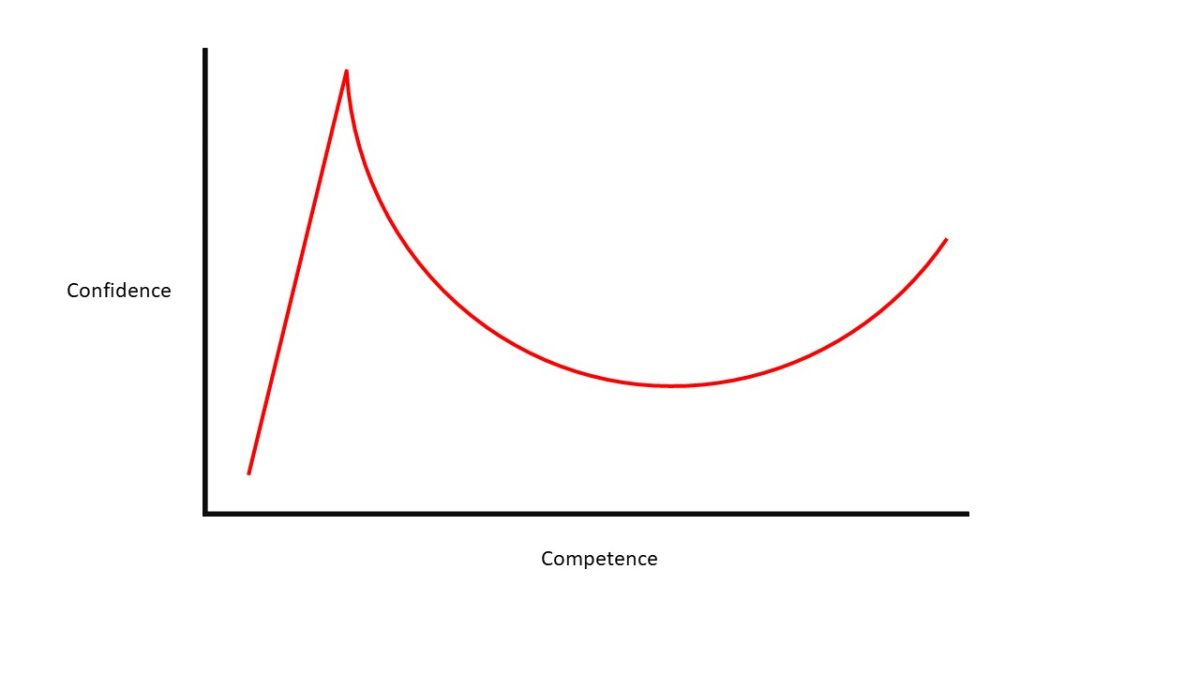On February 5, 2024, Dartmouth College announced that they would reinstate their requirement for college applicants to submit standardized test scores. As colleges and universities across the country face various challenges affecting the admissions landscape – rising application numbers, legal challenges resulting from the Supreme Court decision on affirmative action, and trends of grade inflation – many are considering changing their standardized test policies from test-optional to required.
In 2019, 55 percent of all colleges and universities in the United States required test scores, and across all schools, 78 percent of applicants chose to submit their scores. Today, a stunning 80 percent of colleges and universities are test-optional, with applicants electing to submit their scores only 43 percent of the time. As a result of going test-optional, some schools were able to create their most diverse incoming freshman classes in the years 2021-2023. It is vital for colleges and universities to remain test-optional, to ensure an equitable future for all students.
When Dartmouth College reinstated the requirement to submit test scores, they explained that their decision stemmed mainly from two factors. First, the college conducted an internal study that showed standardized test scores, more than high school grades or application essays, were more accurate in determining how successful a student would be at Dartmouth. Second, the college learned that when they switched to a test-optional system, low-income applicants withheld test scores because they thought they were not high enough for Dartmouth admission. Unfortunately, there was no way for these less-advantaged students to know that their scores were good enough to submit; the only information available was the average scores of those admitted to Dartmouth in the past. The result was fewer low-income students were admitted, making for a smaller share of the Dartmouth College population than in previous years. This is especially alarming at a school that currently ranks second to last in economic diversity, and last in racial diversity, across the Ivy League.
There is a shocking trend in American higher education institutions. By reverting to required standardized test scores, academia is perpetuating the elitism of the past. These universities cite internal research and data to defend their decision to require scores, however, this simple statistic speaks volumes: The children of the richest 1 percent were 13 times more likely to score 1300 (or 29) on their SATs and ACTs, respectively. There is an even greater gap when comparing the children of the top 0.1 percent of wealth to children who are considered middle-class or poor. One-third of the 0.1 percent scored a 1300 or higher, while less than 5 percent of middle-class students did, and a minimal number of the poorest students received that score, with only 1 in 5 students even taking the test. This is generally due to wealthier families being able to afford test prep and tutoring, which boosts scores substantially. While there are organizations such as Prep for Prep, which help lower-income students receive the resources their wealthier counterparts do, the majority of less-advantaged applicants face barriers to entry.
However colleges and universities try to spin it, standardized tests are inherently inequitable, with less-advantaged students receiving the short end of the stick. Many schools have acknowledged this, and remain test-optional, but unfortunately, these same schools now face a surge in applications, and a general lack of staffing to meet the demands of the admissions process. The vast increase in the number of applications has caused many schools to rethink their admissions process, and find ways to strategically cut down on the number of applicants, whether through certain GPA thresholds or using standardized test scores as a measuring stick.
As applicants across the country face the changing landscape of college admissions, the reinstatement of required standardized test scores will result in schools becoming less diverse. If other colleges and universities follow Dartmouth’s actions, we will continue to see a greater percentage of wealthier students scoring higher and gaining entry in greater numbers. This combined with the Supreme Court decision preventing colleges and universities from using race as a factor in admission will deliver a one-two punch to less-advantaged applicants. It is vital for colleges and universities to recognize that requiring standardized testing pulls the welcome mat out from under the feet of middle-class and poorer families.
Sources:
In college admissions, ‘test-optional’ is the new normal – The Hill
Fewer colleges relying on standardized tests – CommonWealth Beacon
The misguided war on test optional (opinion)
College applicants still aren’t submitting SAT, ACT scores at pre-pandemic levels | Higher Ed Dive
The Misguided War on the SAT – The New York Times
New SAT Data Highlights the Deep Inequality at the Heart of American Education – The New York Times
The Top U.S. Colleges With the Greatest Economic Diversity – The New York Times




